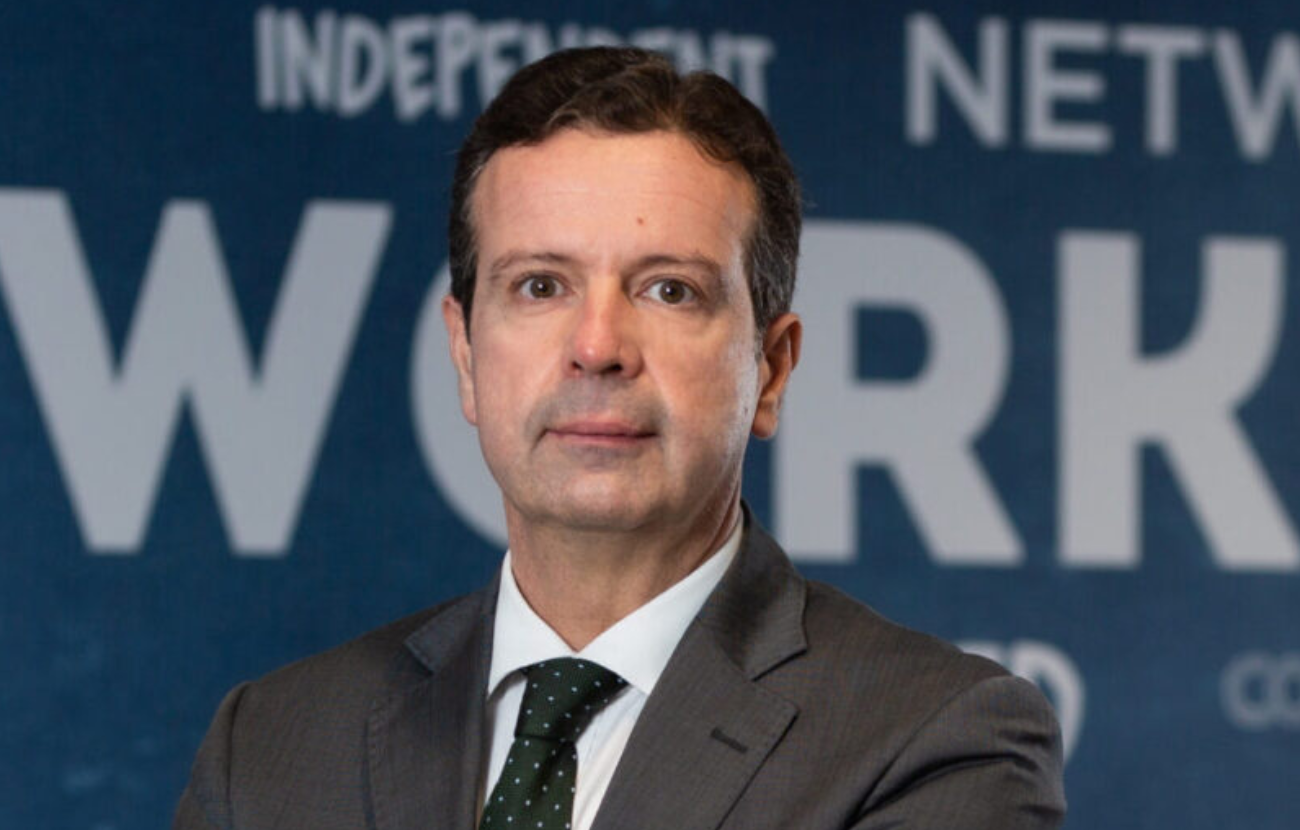The Association of Pharmaceutical Distributors (ADIFA) is holding the second edition of the National Pharmaceutical Distribution Congress on October 11 at Lagoas Park in Oeiras. The main topics will be the dynamics and trends of the pharmaceutical market, the regulation of distribution activities and the sustainability of the drug value chain. Netfarma therefore spoke to Nuno Flora, president of ADIFA, to preview the meeting, which has the motto “We distribute health”, and to find out what the organizers’ expectations and motivations are.
“Expectations are very high. This is only the second national pharmaceutical distribution congress in Portugal. We’ve even reached the limit for the number of participants, which was 200, so we’re going to have two hundred people at our congress, including partners, teams from ADIFA members, pharmacies, and then obviously some more institutional guests, regulatory authorities, the Ministry of Health, and other institutions that work with us,” Nuno Flora began.
As a result, he expects it to be a “great congress in terms of participation”, which will come “from an interest that basically comes from the way the program has been prepared”. “We tried to have as interdisciplinary a program as possible. One that addressed various areas of our sector, and here I’m talking about the sector not just the medicine sector, not just the pharmaceutical sector, but the health sector”, he stressed. He added: “We wanted to take a very cross-cutting approach and that’s why we had speakers from various areas of health, both national and international, specialists from different fields, to help us. What we want to take away from the congress is a greater alignment of our vision. And also to strengthen what is the activity of pharmaceutical prevention, as a central and fundamental element in making medicines and other health products available to people. So we hope that everyone will share a lot and share well.”
"It's a working congress, that's what we want it to be. An open congress, where people ask questions, where there is networking, in other words, where the discussion goes beyond the panels themselves. With reflections, lessons, conclusions that will help us on a daily basis to provide a higher quality, more efficient service and even greater collaboration and integration between different agents in the medicine value chain, the health value chain," he said.
Regarding the first panel (“Pharmaceutical market – overview and trends”), Nuno Flora said it was “very important for the sector”. “We’re going to look at future trends in the sector, how it’s evolving, where we’re heading and how we should work better. Basically, to get an overview of the pharmaceutical market and its evolution and growth prospects,” he explained.
“Corporate and Environmental Sustainability” is the name of the second round of speakers and debate, with the president of ADIFA admitting that this is a “different panel, because sustainability and environmental concerns are increasingly on the table these days, whether corporate or governmental”. “We know that more and more people are demanding transparency in supply chains, that they can act and ultimately do so with less environmental impact, that good practices are respected in this regard. And we are already on this path and we want to absorb more,” he said,
“Then, in the afternoon, we have a more comprehensive panel [“Innovation and Development. Health Challenges”], on the sustainability of our health system, of the National Health Service, on how the various agents can better integrate to help people move around the health system,” he said, before explaining the last moment before the farewells, the debate on the theme “Challenges of integration with Pharmacy”: “Basically, what we want to do is see where pharmacy is going and how we can and should help pharmacy on that path. And to align our offer, our service, so that we can continue to move forward together. So that we can continue on this path, which has been such a success. A very important aspect is to have the right perspective to know their needs in terms of, for example, products and medicines, to try to work better in terms of stock management, inventory management, to make this operation and this activity more and more distinct.”
“We want to open up the perspective for the entire pharmaceutical market and for healthcare in general, because we know that medicines are one of the most important parts of any healthcare system. And that’s basically the summary of what we expect from the congress and people’s participation in it,” concluded Nuno Flora.



